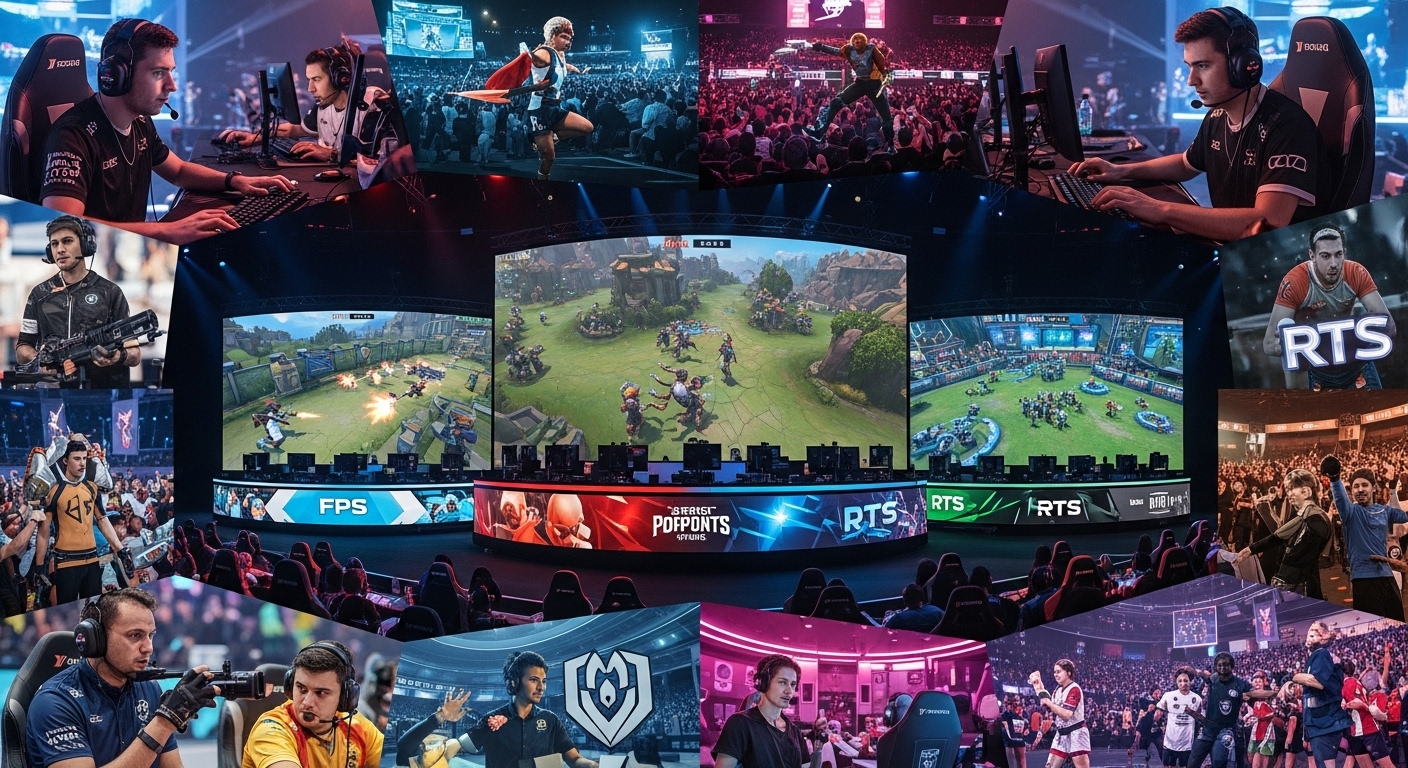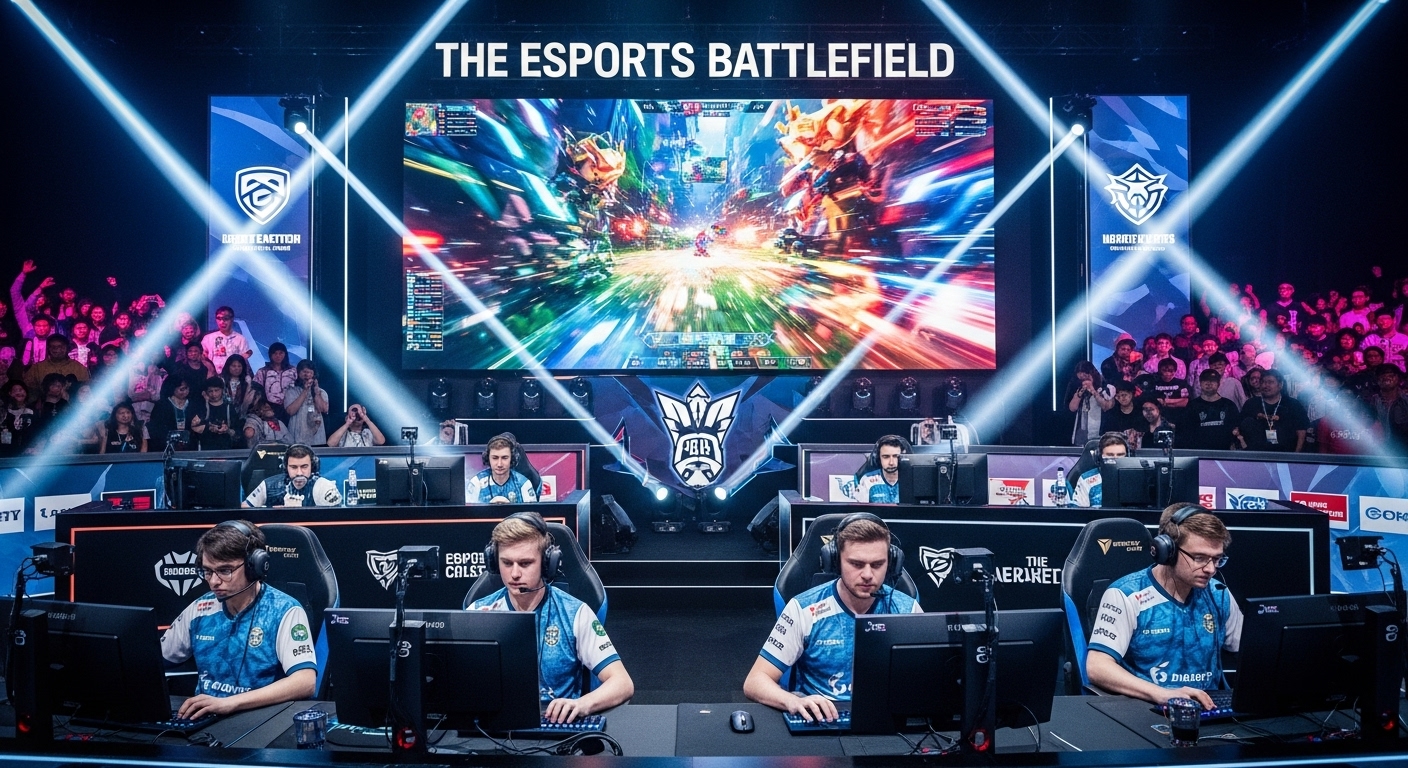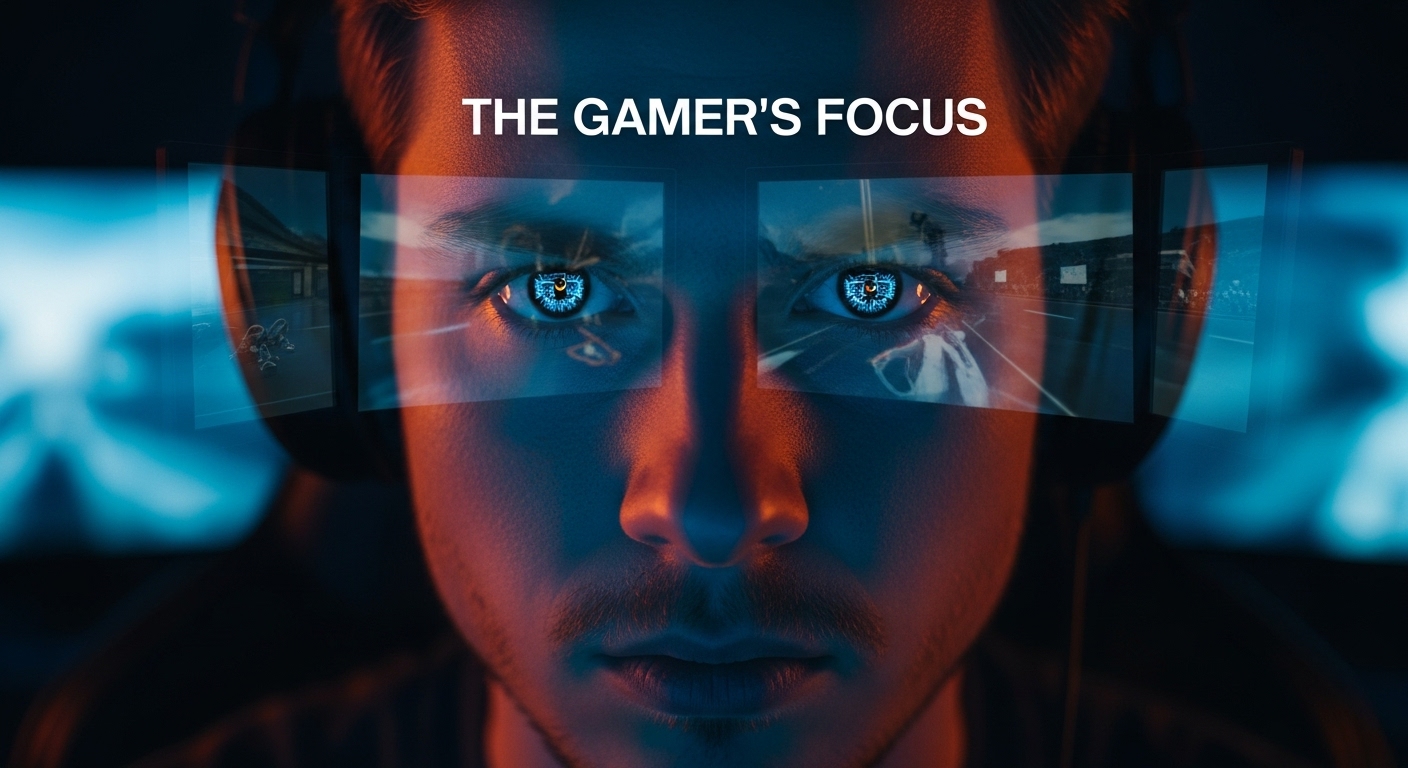Esports, short for electronic sports, has emerged as one of the most influential and rapidly growing sectors within the entertainment and gaming industry. Over the last two decades, esports has evolved from niche online competitions into a global phenomenon, attracting millions of players, viewers, and investors. The rise of competitive gaming has redefined what it means to be an athlete, challenged traditional notions of sports, and created a new cultural landscape where digital skill, strategy, and teamwork are celebrated on a massive scale. Understanding the evolution, social dynamics, and economic impact of esports is essential to appreciate its significance in modern society.
The Origins of Esports
The origins of esports can be traced back to the early 1980s with the advent of competitive video gaming. Classic arcade games such as Pac-Man, Space Invaders, and Donkey Kong inspired informal competitions, often held in arcades or local tournaments. The term “esports” was not yet coined, but these early gatherings laid the groundwork for organized gaming competitions.
The 1990s marked a pivotal period in esports history. The introduction of networked PC gaming allowed players to compete online across cities and countries. Titles like Doom, Quake, and StarCraft became early staples of competitive gaming. Professional players began gaining recognition, and tournaments started offering prizes, signaling the emergence of esports as a legitimate competitive field.
The Growth of Esports in the 21st Century
The 2000s saw exponential growth in esports, driven by advances in internet connectivity, streaming technology, and global gaming communities. Multiplayer online battle arenas (MOBAs) such as League of Legends and Dota 2 revolutionized competitive gaming by emphasizing teamwork, strategy, and skill. First-person shooters like Counter-Strike and Call of Duty continued to captivate players with high-intensity gameplay and precise mechanics.
The proliferation of platforms like Twitch and YouTube Gaming further fueled esports’ popularity. Live streaming enabled players to broadcast gameplay to millions of viewers, creating new opportunities for fan engagement, sponsorships, and social interaction. Esports evolved from localized competitions into global spectacles, attracting diverse audiences and media coverage comparable to traditional sports.
Professionalization of Esports
As esports gained recognition, professional leagues and organizations emerged. Teams and players signed contracts, trained rigorously, and competed in structured tournaments with significant prize pools. Esports athletes are now recognized for their dedication, discipline, and skill, often undergoing training schedules similar to traditional sports professionals.
Professionalization also brought infrastructure development, including training facilities, coaching staff, and analytics teams. Esports organizations manage player welfare, strategy optimization, and brand development. This professional approach has elevated the competitive scene, making esports a viable career path for talented individuals worldwide.
Esports and Global Tournaments
Global esports tournaments have become cultural phenomena, attracting massive audiences both online and in arenas. Events like The International for Dota 2, League of Legends World Championship, and CS:GO Major Championships feature multimillion-dollar prize pools and attract millions of viewers. The scale of these events rivals traditional sports competitions, with live broadcasts, commentary teams, and fan engagement activities.
Tournaments are more than competitions; they are entertainment spectacles. Organizers integrate music, light shows, and interactive experiences to create immersive environments. Fans gather in stadiums, convention centers, and online platforms to celebrate the culture of esports, demonstrating its ability to unite communities around shared passion and excitement.
The Role of Streaming Platforms
Streaming platforms have revolutionized the way esports is consumed. Twitch, YouTube Gaming, and other live streaming services allow fans to watch matches in real time, interact with players, and engage with communities. Streamers not only provide commentary but also showcase personal gameplay, creating a direct connection with audiences.
The social interaction facilitated by streaming enhances engagement. Fans can participate in chat discussions, predict match outcomes, and support their favorite players and teams through subscriptions and donations. Streaming has transformed esports from a spectator activity into a participatory experience, blurring the lines between content creation, competition, and community building.
Social Impact of Esports
Esports has created a unique social ecosystem that transcends traditional boundaries. Online multiplayer games foster collaboration, teamwork, and strategic thinking. Players develop social skills, communication abilities, and leadership qualities through participation in competitive gaming.
Esports also provides inclusive opportunities. Individuals who may face social barriers in traditional sports, such as physical disabilities or geographical limitations, can compete and excel in the digital arena. Global accessibility enables diverse participation, allowing players from various backgrounds to showcase talent and achieve recognition on an international scale.
Economic Impact and Industry Growth
The economic impact of esports is significant and continues to grow. Revenue streams include sponsorships, advertising, merchandise sales, ticketing, media rights, and streaming subscriptions. Major technology companies, sports brands, and entertainment corporations invest heavily in esports, recognizing its marketing potential and audience reach.
Esports has also created employment opportunities beyond player salaries. Roles in coaching, event management, marketing, broadcasting, software development, and analytics contribute to a thriving industry ecosystem. The commercial viability of esports demonstrates its transition from a niche hobby to a robust sector with global influence.
Esports and Traditional Sports Integration
Traditional sports organizations have increasingly embraced esports, recognizing its potential for audience expansion and revenue generation. Football clubs, basketball teams, and other sports franchises now field esports teams, compete in virtual tournaments, and engage fans through gaming content.
The crossover between esports and traditional sports extends to media coverage, sponsorship deals, and fan engagement strategies. Both sectors benefit from shared audiences, technological innovations, and entertainment value. Esports has become an essential component of modern sports culture, bridging digital and physical realms.
Technological Innovations Driving Esports
Technological advancements have been instrumental in the rise of esports. High-speed internet, powerful gaming hardware, advanced graphics engines, and immersive audio systems enhance gameplay quality and viewer experience. Virtual reality and augmented reality technologies promise to further revolutionize esports, offering new ways to play and spectate.
Data analytics and artificial intelligence also play a crucial role. Teams analyze performance metrics, optimize strategies, and refine training regimens using sophisticated software tools. These innovations increase competitive standards, enhance player performance, and provide insights for fan engagement and content creation.
Challenges and Controversies in Esports
Despite its rapid growth, esports faces challenges and controversies. Issues such as cheating, match-fixing, doping, and unfair practices occasionally undermine competitive integrity. Regulatory frameworks are still evolving, and the industry must establish standards for player welfare, contracts, and ethical conduct.
Mental health is another important concern. Intense training schedules, public scrutiny, and high-pressure competitions can lead to stress, burnout, and anxiety among professional players. Organizations are increasingly implementing support systems, counseling, and workload management to address these issues.
Esports as a Cultural Phenomenon
Esports has become more than a competitive activity; it is a cultural phenomenon. It influences fashion, music, language, and social interactions. Esports tournaments create fan cultures, communities, and shared experiences, fostering a sense of identity and belonging among participants and viewers.
The global reach of esports enables cultural exchange, connecting players and fans from diverse regions. International competitions showcase strategies, playstyles, and gaming cultures, promoting understanding and collaboration. Esports has evolved into a platform for creativity, entertainment, and social connection, reflecting the cultural significance of digital competition in the modern era.
Education and Esports
Esports has also penetrated educational institutions, where universities and schools offer scholarships, teams, and courses related to competitive gaming. Academic programs cover areas such as game design, event management, broadcasting, and data analytics. Students gain practical experience while pursuing educational objectives, bridging the gap between passion and career opportunities.
These programs foster professional development, teamwork, and leadership skills, demonstrating the educational value of esports. Participation in structured esports initiatives equips students with competencies applicable to various industries, enhancing employability and career readiness.
The Future of Esports
The future of esports is poised for continued growth and innovation. Emerging technologies, expanding global audiences, and increased investment will shape the next generation of competitive gaming. Virtual reality, cloud gaming, and AI-driven analytics are expected to redefine gameplay experiences, training methods, and fan interaction.
Esports will continue to integrate with mainstream entertainment, sports, and media industries, creating new forms of content, storytelling, and audience engagement. The social, cultural, and economic impact of esports will further solidify its position as a central component of digital entertainment and global sports culture.
Conclusion
Esports has transformed from a niche hobby into a global cultural and economic powerhouse. Its evolution reflects advancements in technology, changes in social interaction, and the growing legitimacy of competitive gaming as a professional endeavor. Esports provides opportunities for talent recognition, community building, and cultural exchange while generating significant economic value and employment.
As the industry continues to evolve, esports will redefine traditional concepts of sports, entertainment, and digital engagement. It celebrates skill, strategy, and teamwork, while fostering inclusive communities that transcend geographical, cultural, and social boundaries. The rise of esports exemplifies the transformative power of technology and creativity, establishing competitive gaming as a defining feature of modern culture and the entertainment landscape.



